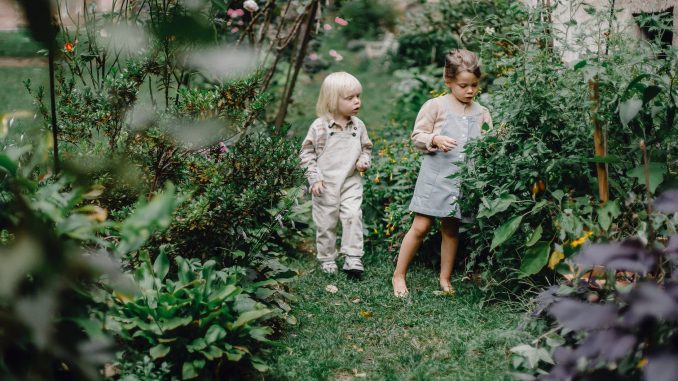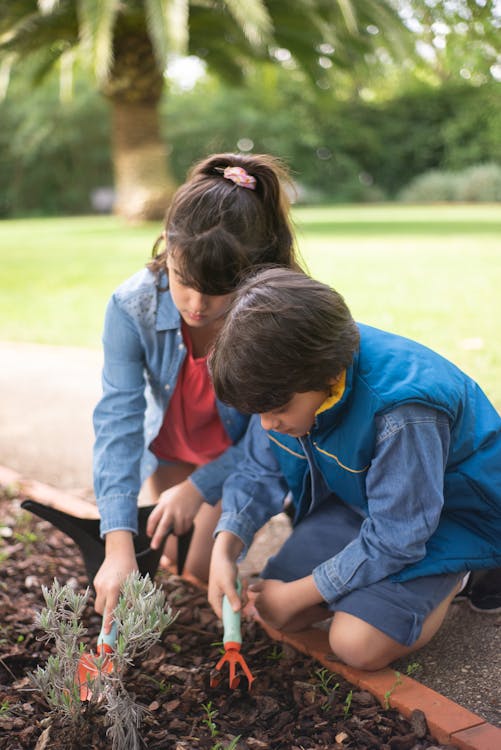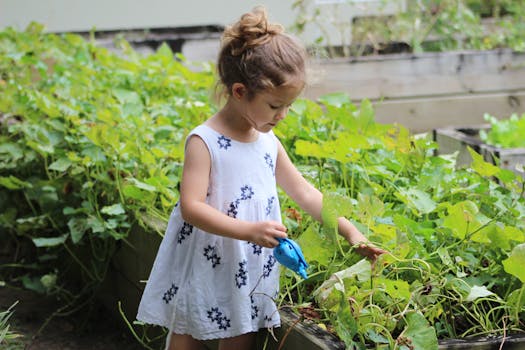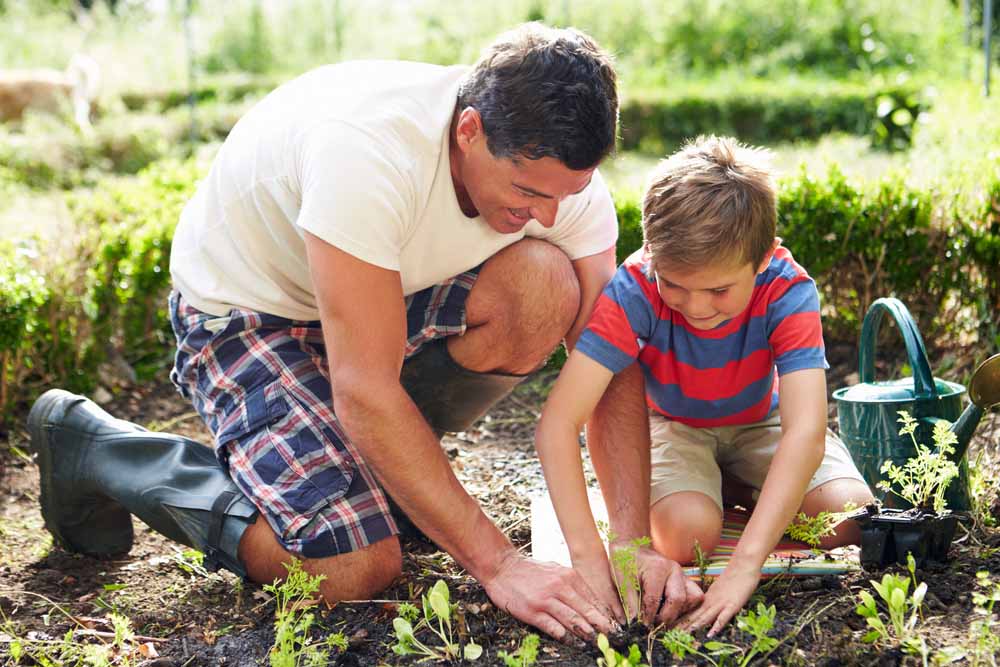
Raising responsible kids is a dream that every parent harbors. Every parent dreams of their kids doing literally everything for themselves. Besides wanting to have time to focus on other things, most parents want their kids to grow up to be responsible adults in the future. Teaching responsibility from an early age prepares them for the job market and business world as well as the tough world out there. They become mindful of themselves and others. In addition, they become independent thinkers and good at problem solving among other skills.
However, it is becoming hard to teach important life skills to kids in this digital era. Thankfully, gardening is a valuable tool that is yielding results for most parents. Here are five ways that gardening can teach kids about responsibility.

- It allows a platform to assign tasks
Assigning tasks that kids are able to do by themselves increases their sense of independence. In addition, setting expectations and following through to make sure that these tasks are done or face consequences helps kids learn to be responsible.
Assigning gardening tasks is an opportunity for kids to learn responsible behavior. You can assign recurring tasks such as watering the crops. However, you need to ensure that the task is explained clearly. Let the child know the time that they are required to water the plants and the frequency that they are required to do so. Teach the child the consequences of not watering the crops. In addition, ensure that you show them how it is done.
- Gardening together teaches collective responsibility
Responsibility means being dependable so that people around you can know that they can count on you. It also means contributing to the greater good of your family, society and community.
Gardening together as a family not only teaches about teamwork but also instills lessons of collective responsibility. You can assign tasks amongst you especially where one task depends on the other person to be complete.
For instance, when planting, one person can be responsible for digging holes, the other for placing the seeds in the holes and the other for covering the seeds with soil. If your child is assigned one of the tasks, he or she knows that the others are counting on him or her for the planting process to be complete. When the seeds sprout, your child will be happy that he or she was part of the planting, which goes a long way in instilling a feeling of responsibility.
You can ensure that you continually instill this valuable skill throughout the year by gardening indoors using LED grow lights. These structures allow you to create the best growing conditions for your crops, allowing you to grow crops indoors regardless of the weather outside.
- It teaches about taking responsibility when things go wrong
Being responsible entails taking credit when you do things right. On the other hand, a responsible person acknowledges mistakes and takes responsibility when things don’t turn out as expected. In addition, he or she will go the extra mile to try to correct the mistake and strive to do better in the future.
Gardening can help you teach your kids to own up to their mistakes. Start by explaining what happens if they fail to complete the gardening tasks assigned to them or if they do them wrongly. For instance, you can teach your child that failing to water crops or overwatering them can make them dry up or rot. If that happens, help them to take responsibility for the failure. In addition, help them to come up with a plan on how to do it differently in the future.

- It raises their self-esteem
It can be very exciting for kids to eat vegetables that they grew or gifting people with flowers that they help care for. Seeing the fruits of their labor makes them feel capable, competent, and with the ability to handle challenges. It also helps them develop a sense of purpose as well as pride themselves for their accomplishment. All this raises their self-esteem. Consequently, kids with high self-esteem tend to be more responsible. You find that after a good harvest, they become more willing to take up other tasks, do their best, and are also highly likely to fulfill their obligations.

- Helps develop a sense of mindfulness
Gardening concepts that are geared towards saving the environment can help kids develop a sense of mindfulness. For instance, making compost from food scraps helps them learn about littering the environment and keeping it clean through recycling. Gathering rainwater to use for watering crops teaches them about the importance of saving natural resources such as water. Such concepts go a long way in teaching the kids to take care of their surroundings and instill a sense of responsibility towards the environment in general.
Conclusion
The world needs more responsible people who are independent and mindful of those around them. Starting to instill this skill early in life makes it easier for children to transition to responsible adults in the future. You can use gardening to teach responsibility to your kids by assigning tasks and helping them own their mistakes when something goes wrong. Additionally, garden together as a family so that they can learn about social responsibility. Moreover, gardening gives them a sense of mindfulness and improves their self-esteem, which makes them more responsible.






